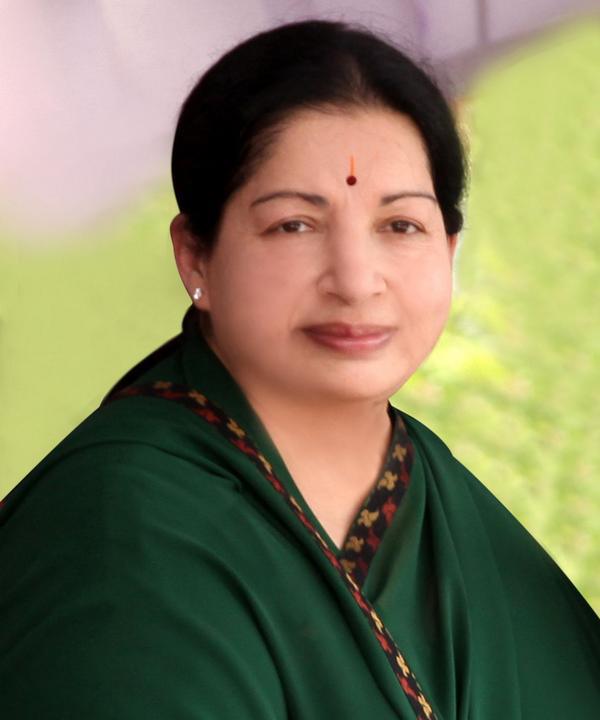TN CM welcomes ordinance but says no to NEET even in future
Updated by admin on
Wednesday, May 25, 2016 08:22 AM IST

Chennai:
Tamil Nadu chief minister J Jayalalithaa, in a letter to Prime Minister Narendra Modi, has urged that Tamil Nadu be permitted to continue its existing fair and transparent system of admission to medical colleges and not forced to implement the National Eligibility cum Entrance Test (NEET) even in the future.
Thanking the PM for the speedy promulgation of an Ordinance providing for exemption from the National Eligibility cum Entrance Test (NEET) for this academic year (2016-17) in respect of State Government seats (whether in a Government medical college or in a private medical college) at under graduate level, she said, "This has, for the time being, put at rest the mental agony, stress and anxiety of lakhs of students and their parents aspiring for medical admission for the current year in the State quota."
"While the Ordinance would temporarily address the issue for the current year, Tamil Nadu’s situation is distinct and different from other States. As I have pointed out to you in my earlier letters, the Government of Tamil Nadu has taken a number of steps, starting from 2005, towards systematizing the admission process to medical colleges, and after careful consideration, later abolished entrance examinations for professional undergraduate courses in the State, by enacting the Tamil Nadu Admission in Professional Educational Institutions Act, 2006. This Act was finally given effect to after receiving the assent of the President under Article 254(2) of the
Constitution. This Act has been upheld by a decision of the Division Bench of the Madras High Court which was affirmed by the Apex Court."
"This measure was taken keeping in view the interests of students, particularly from the weaker sections and rural areas, to ensure that a level playing field is created."
"The introduction of NEET would be a direct infringement on the rights of the State and would cause grave injustice to the students of Tamil Nadu who have already been covered by a fair and transparent admission policy laid down by the Government of Tamil Nadu, which has been working well. My Government has taken the consistent stand that rural students and students from poorer socio-economic backgrounds will be unable to compete with urban elite students in such Common Entrance Examinations, which are designed to favour the urban elite. The rural students will be put to great disadvantage because they lack the resources to enroll in training institutions and access materials available to urban students."
"A large number of socially and economically backward meritorious rural students have benefited by the Government of Tamil Nadu’s decision to abolish the Common Entrance Examination."
"For admission to Postgraduate courses, the Government of Tamil Nadu gives preference to those who have served in rural areas, with special weightage for those working in hilly and tribal areas. The State Government has also successfully obtained and enforced bonds from those completing Postgraduate education in Government Medical Colleges to serve the State Government for a minimum period, which has helped us to meet the need for specialist medical manpower in Government Hospitals."
The introduction of NEET would nullify the implementation of these policy initiatives and socio-economic objectives of the State, as the regulations for a National Test may not have such enabling provisions, Jayalalithaa said adding that the National Test is out of tune with the prevailing socio-economic milieu and administrative requirements of Tamil Nadu.
"In these circumstances, I request that necessary measures may be taken to ensure that Tamil Nadu is permitted to continue its existing fair and transparent system of admission to medical colleges and dental colleges in the State and not forced to implement the NEET even in the future.”